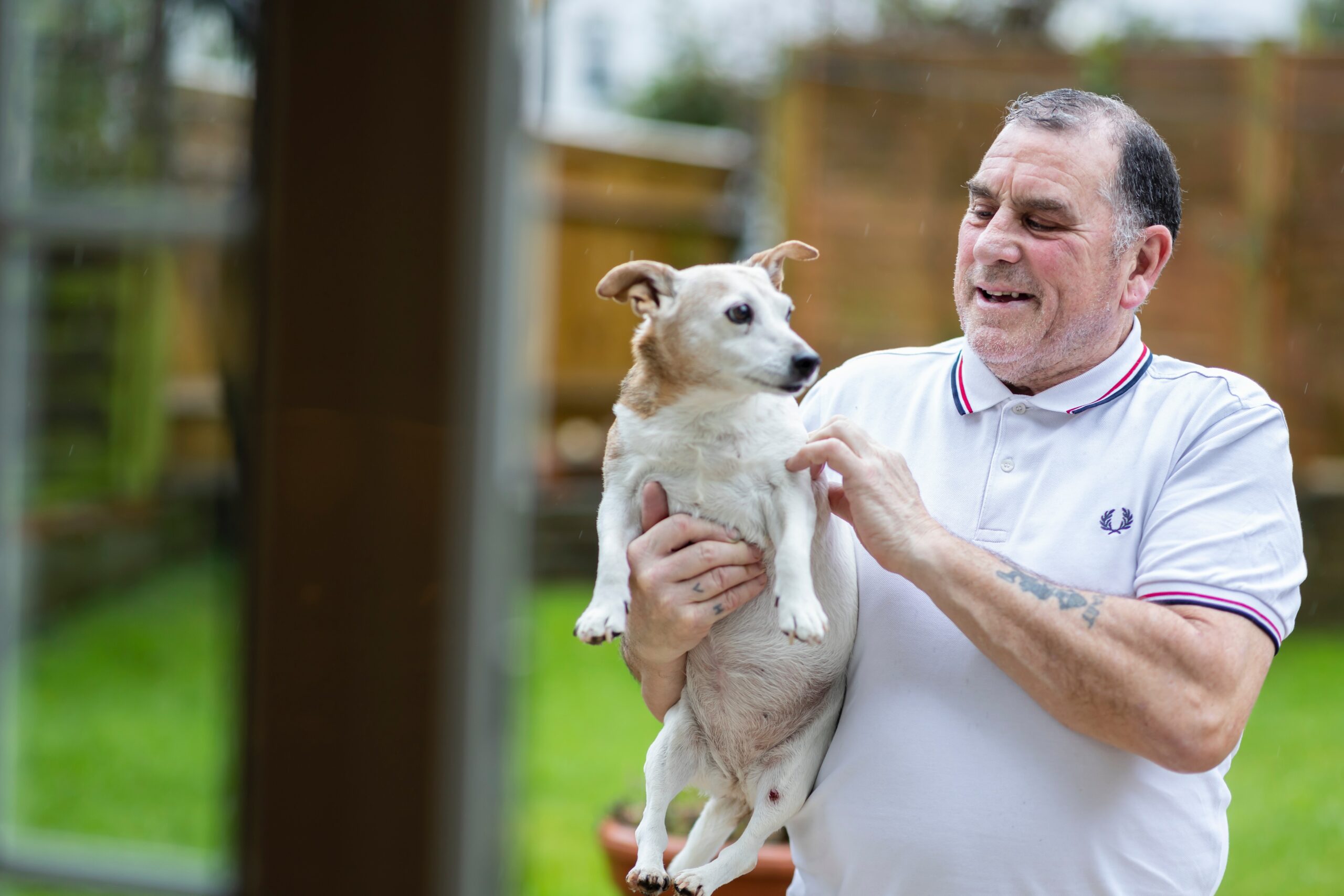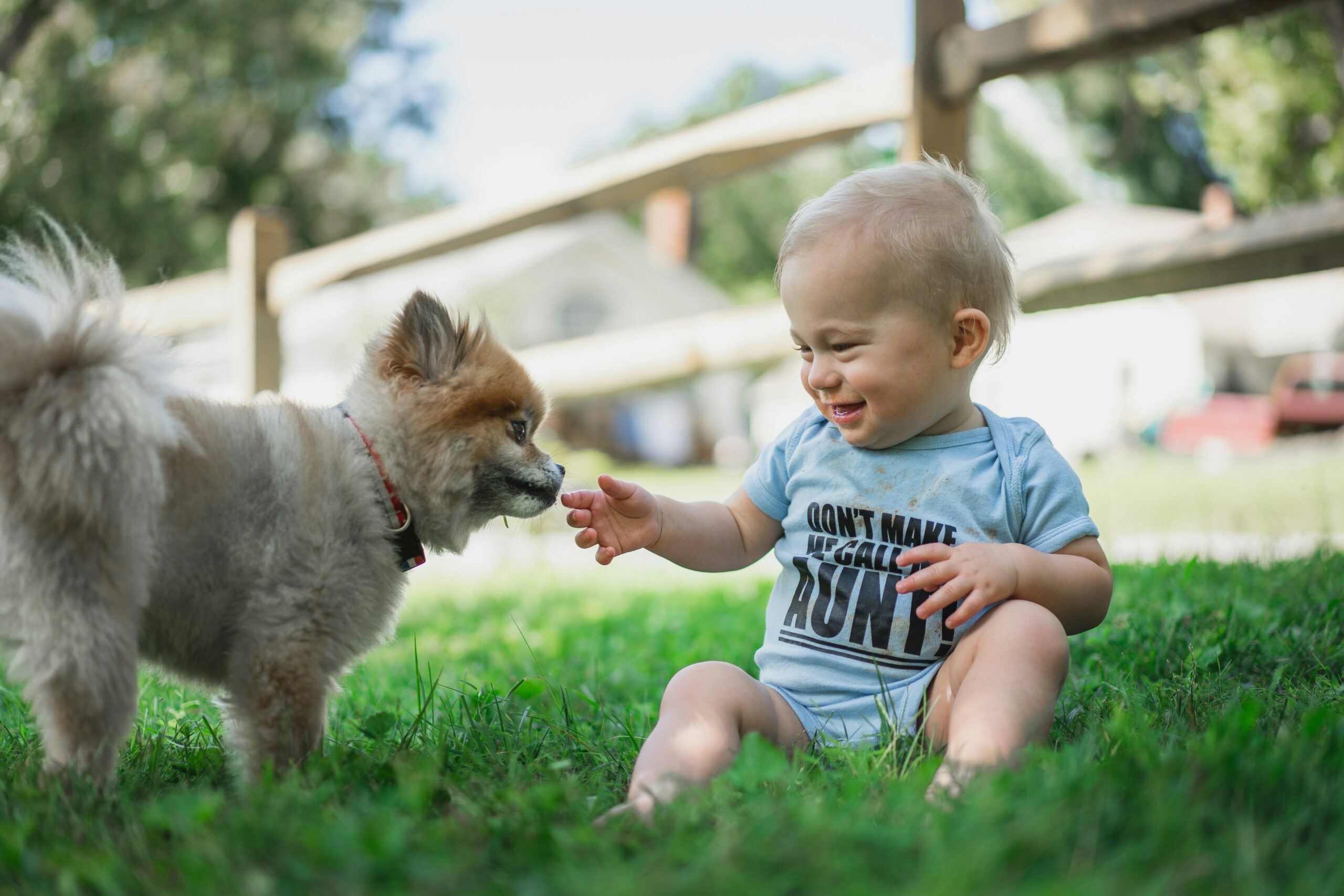Dementia is an incredibly difficult thing to go through, and patients need as much support as we can possibly give them. That support can come in a lot of forms, and one of the most popular forms of support in the modern age is pet therapy. A lot of people know already that pets can have a huge impact on our lives as well as our mental health. So are they suitable for those who have dementia?
How Pets Help People With Dementia
Pets can provide many different forms of support as well as meaningful activities for dementia patients to participate in throughout their days. This can help them to stay engaged and provide the sort of mental stimulation they need.
Reduction of stress and anxiety
Numerous studies have linked pets with a reduction in levels of cortisol in the body. Cortisol is the body’s stress hormone, which can trigger during difficult and stressful experiences and trigger feelings of anxiety. Animal companionship has proven to be an effective way to combat this. As there are many difficult stressful situations that people with dementia face, it is likely that they will benefit from the support of an animal friend.
Stimulation of positive emotions
Pets are proven to stimulate a number of different positive emotions, too. Playing with a pet or even just enjoying their company can release dopamine and serotonin into the body which help to boost mood. What’s more, having a pet can give a sense of purpose to somebody who may be spending a lot of time alone dealing with their dementia.
Managing agitation and aggression
Having pets around can also help people with the feelings of agitation that so often come with dementia. As well as reducing cortisol, as discussed earlier in this guide, pets can also be a calming influence. People who have pets often score lower on blood pressure tests, for instance.
One of the reasons pets are often recommended to people as therapeutic support is that they can help to manage aggression and boost positive feelings, calming the effects of negative emotions. Many studies back up the positives of having pets around.
Easing feelings of loneliness and isolation
The human hormone oxytocin is also released when spending time with pets, and when cuddling them or just being in their presence. Oxytocin is known by some as the “love hormone” and it helps to provide feelings of companionship. People with pets are far less likely to feel lonely and isolated.
Dementia patients may be older, and spend a lot of time alone having retired from their careers, and having pets around can be an excellent way to combat the negative impacts of this alone time.
Promoting a sense of purpose and responsibility
Making sure that people who have dementia retain responsibilities and have a purpose and structure to their day is one of the key ways to support them. Especially in the early stages of the illness, it is still possible for people with dementia to go through the daily tasks associated with having pets, especially things like feeding them and playing with them in the garden. The sense of responsibility can help bring a lot of joy and purpose to anyone’s life, especially as they watch their pet grow and develop.
Routine has been shown to help with combatting anxiety and depression, and pets will certainly help to bring routine to the life of somebody with dementia. Pets need to be fed at certain times, and may need exercise as well as grooming. All of this adds responsibility and can help to keep the brain active.
Consider Types of Suitable Therapy Animals
The most common type of therapy animal is a dog, as they are trainable. For companionship, though, plenty of other pets may also be suitable. Cats are a bit more independent and don’t need help with things like exercise, so for those who aren’t able to offer quite as much in the way of care and attention, this could be an option. Birds are also a good option for providing companionship around the house, and many birds are very intelligent, too. It is a matter of personal choice as well as what suits the individual’s lifestyle.
photo cred: https://unsplash.com/photos/LDbxOjVNxec
Did you find this city dog content helpful? Share it with a friend or link it to social media. Enjoy short clips of silly dogs? Best dog training videos? Holistic puppy training tips? Follow us on instagram @nydognanny or on YouTube at nydognanny. Have some news you needs to get to dog and cat parents stat? Email info@newyorkdognanny.com with your article pitch.




